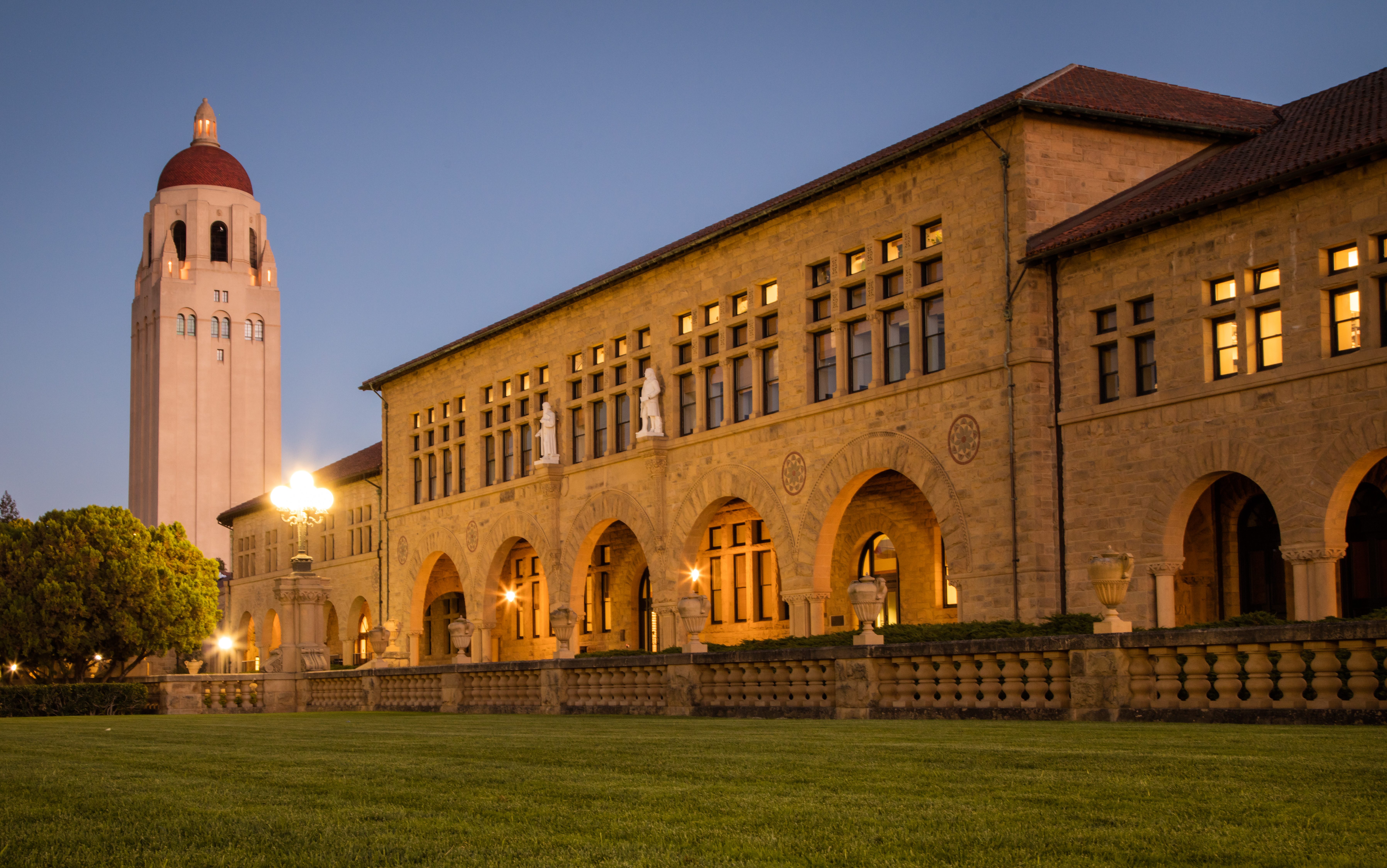This article contains graphic depictions of violence.
It was the eve of Lunar New Year, and the night was alive. Lanterns, booths and thousands of people lined the streets of the Saturday night festival in Los Angeles. On stage, Tiffany Chang ’26 was performing with her Court as the 2022 Miss Taiwanese-American. As part of her performance, she described the cultural significance of the new year: the biggest holiday, the celebration of a new start, the epitome of happiness and joy.
All of that happiness and joy, however, was “shattered” for Chang when she returned home that night and heard about the mass shooting that took place at a dance studio just across the street from where she had parked her car two hours prior. Watching the news with her family, she described feeling utter shock.
“The room sort of just went silent,” Chang said. “I was thinking, ‘What if my grandma hadn’t asked me to come home early? What if I had stayed there?’”
Typically one of the happiest times of year in many Asian cultures, the past Lunar New Year weekend was marred by two mass shootings in California. Eleven people were killed and nine were injured in a dance studio in Monterey Park on Saturday. Two days later, seven people were shot to death on Monday in Half Moon Bay, 30 minutes from Stanford, with one person injured and currently at Stanford Medical Center.
Both shootings were targeted toward primarily Asian communities, by perpetrators who were Asian men. The population of Monterey Park, a suburban city in the San Gabriel Valley east of Los Angeles, is 65% Asian American, mostly of Chinese descent. The victims in the Half Moon Bay shooting were Chinese and Hispanic farmworkers, according to Half Moon Bay council member Debbie Ruddock.
In a Monday email to students from the Office of the Vice Provost for Student Affairs, Stanford sent a “message of care and concern” about the Monterey Park mass shooting and listed University resources available to those who may be grieving.
The Asian American Activities Center (A³C), a community space that serves as Stanford’s main resource for Asian and Asian American student affairs, has partnered with Counseling and Psychological Services (CAPS) to provide regular drop-in counseling hours.
“More senseless gun violence has shattered the lives of many families and rocked our Asian/Asian American community,” A³C Director Linda Tran wrote in a statement. “We are simply devastated. Our hearts are with the victims, their families, and all those acutely impacted by this horrific tragedy.”
Alex Nguyen ’26, an intern at A³C, whose mother had worked as a nail technician before, said that the two shootings reminded him of the “heartbreaking” fear he had felt for his family during the Atlanta spa shootings in 2021, where six women of Asian descent were killed.
“I had thought about what would have happened to my mom, had it been her at that specific nail salon in Atlanta,” Nguyen said. “Things like this, that impact the entire Asian-American community, really have you thinking like, ‘What if it were my parents or my family members in that situation?’”
Dylan Vergara ’26, who is from the Los Angeles area, said that he received many texts from his mom after the Monterey Park shooting, telling him to be safe.
“I think one of the biggest reactions I had was this fear,” Vergara said. “It just hurts that gun violence is still a continuing problem with our country, that is supposed to be a place where we as Asian-Americans succeed.”
Vergara was born in Thousand Oaks, where the 2018 Borderline shooting took place. He said that it felt like a major part of his life when he began to see his own cities and area codes “on the list” of locations where gun violence has taken place.
“To see that as a kid, just hurts so much,” Vergara said. “These mass shootings happening across the state are just hurting us as a community, hurting everybody that’s involved, as Californians.”
The massacres are the deadliest in recent history in California. Across the United States, there have been 39 mass shootings in the first three weeks of 2023.
For Asian-American communities in the US, the shootings come amid two other mass shootings and 11,000 hate incidents against Asian-Americans during the pandemic. Though motives are not always clear, the accumulation of violence can increase stress and anxiety in Asian communities.
“My heart breaks for everyone affected in our community,” Chang said. “It just hits so close to home.”
